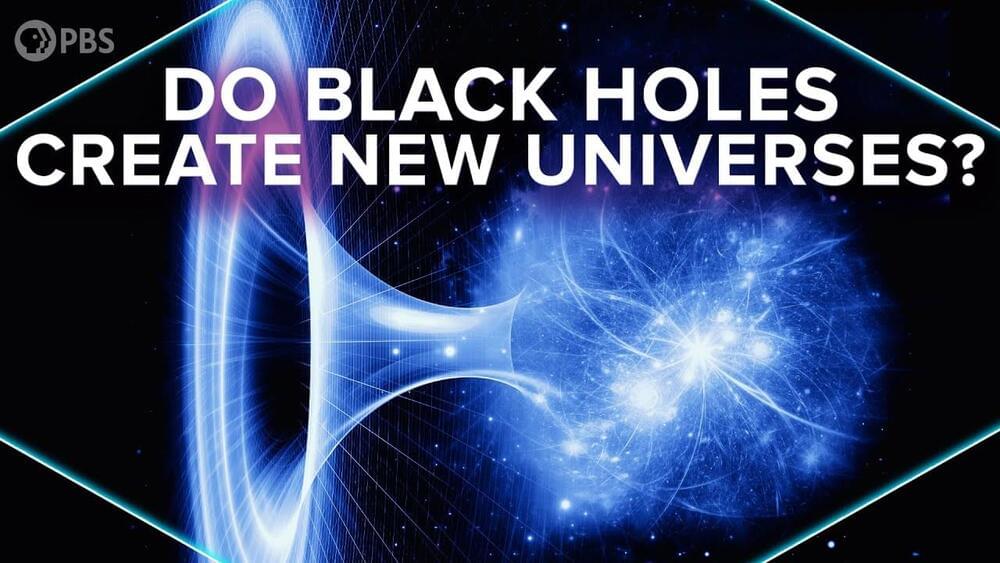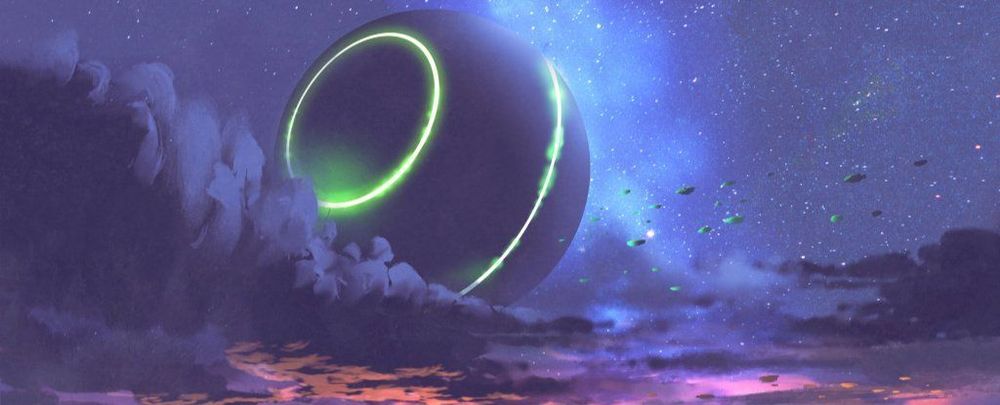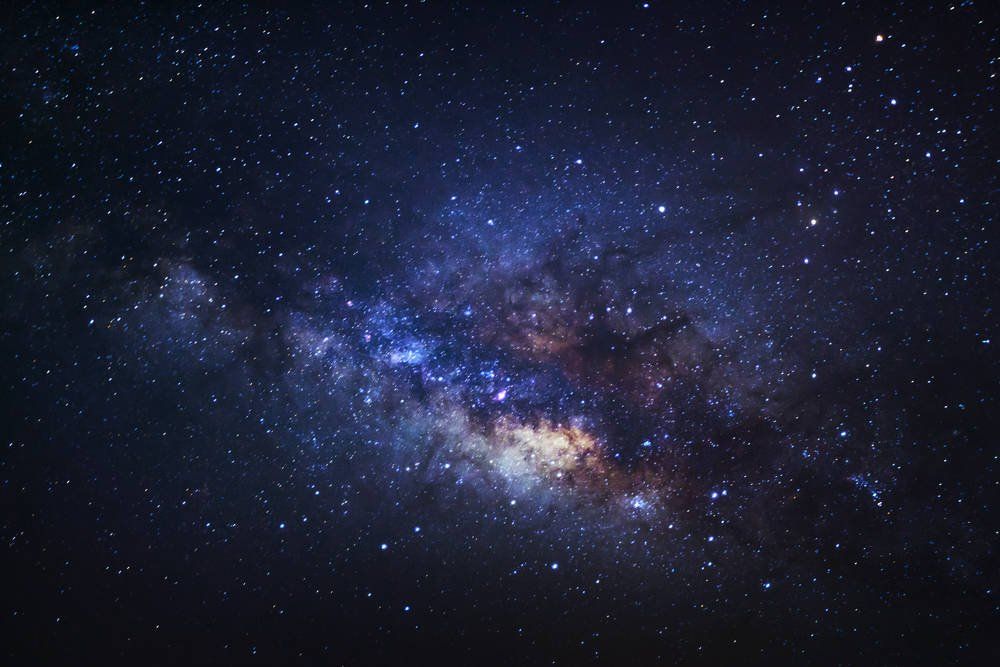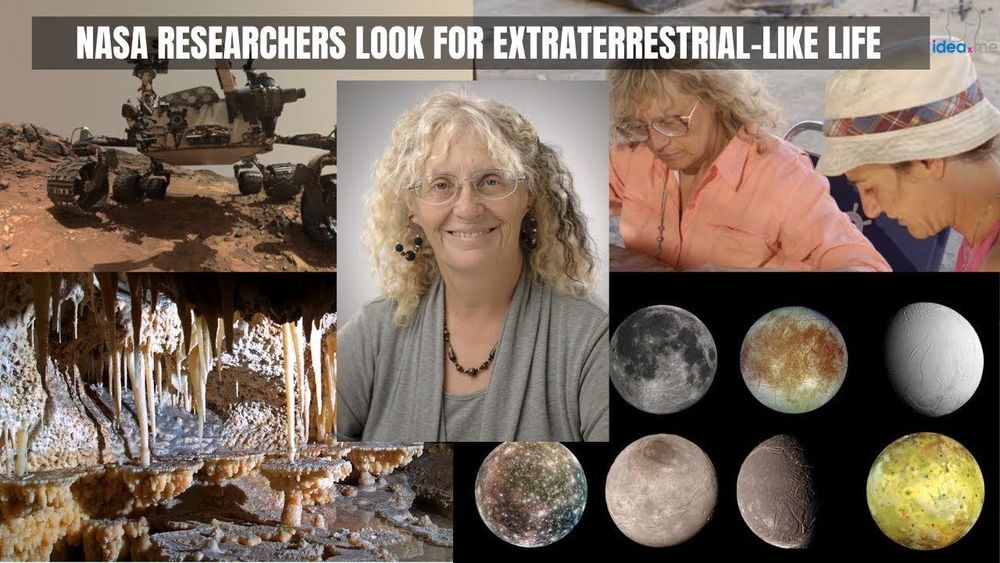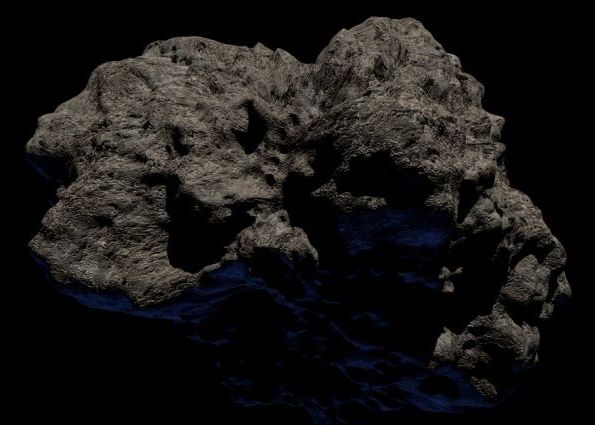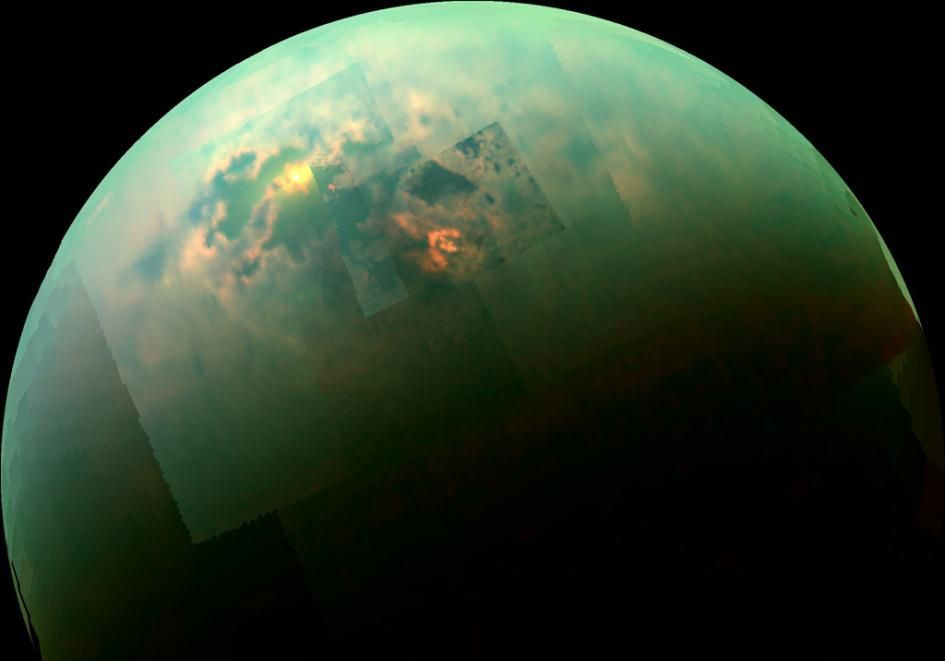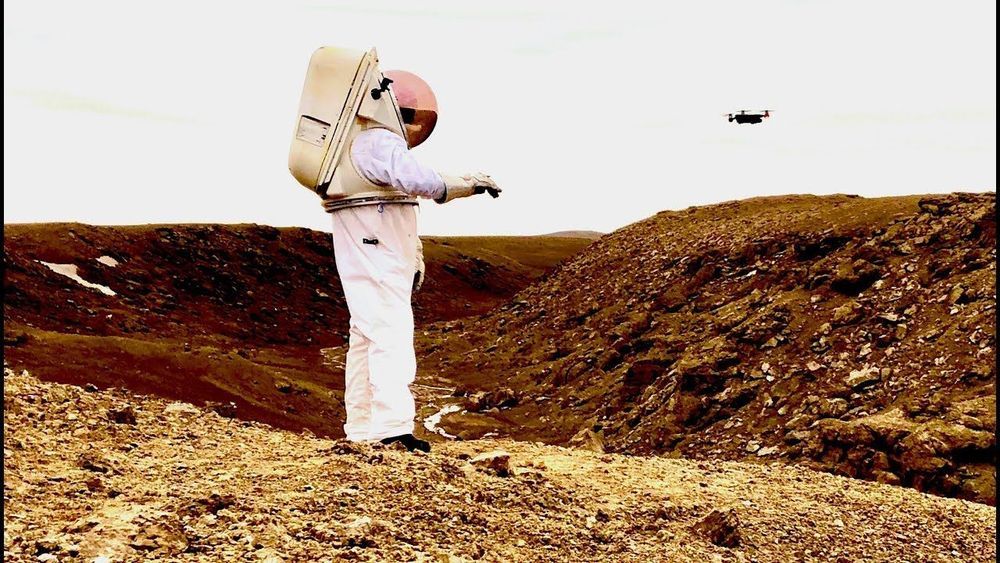Dec 24, 2019
Do Black Holes Create New Universes?
Posted by Paul Battista in categories: alien life, physics
||The formation of a black hole triggers the formation of a new Universe||
How the heck would it do that? A black hole is nothing but intense gravity. How could it create anything, least of all a brand new Universe? Also assumes that each Universe is governed by the same regularities so that black hole formation is possible. But if the regularities (“laws”) are the same, then the fundamental constants will be the same!
